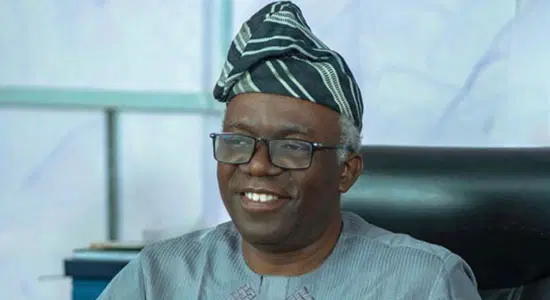Senior lawyers, including Femi Falana, SAN, and Dr. Kolawole Olaniyan, Legal Adviser at Amnesty International Secretariat in London, have called on the Federal Government to adhere to two significant judgments obtained by the Socio-Economic Rights and Accountability Project (SERAP).
In the first landmark judgment, the Federal High Court in Abuja directed the Independent National Electoral Commission (INEC) to hold governors and their deputies accountable for cases of electoral violence, bribery, vote-buying, and conspiracy during the 2023 general elections. The court mandated INEC to appoint independent counsel to investigate these offenses and ensure effective prosecution.
The second judgment, delivered by the Federal High Court in Lagos, ordered former Minister of Humanitarian Affairs, Sadia Umar-Farouk, to account for N729 billion allocated to 24.3 million poor Nigerians. The court required her to provide details on the payments, including beneficiaries, states covered, and amounts disbursed.
The court’s ruling on electoral violence was delivered by Justice Obiora Atuegwu Egwuatu on July 18, 2024, following SERAP’s mandamus lawsuit. The court emphasized that SERAP’s pursuit of justice was in line with protecting citizens’ electoral rights and ensuring credible elections.
Justice Egwuatu also noted that SERAP’s claim was unchallenged by INEC, affirming that INEC has a legal duty to investigate and prosecute electoral offenses.
In response, SERAP urged INEC Chairman Prof. Mahmood Yakubu to enforce the judgment, including appointing an independent counsel for investigations and collaborating with law enforcement agencies to prosecute offenders. The rights group emphasized that compliance with the court’s orders is crucial for upholding the rule of law and ensuring fair elections.
The judgment regarding the N729 billion expenditure was delivered on June 27, 2024, by Justice Deinde Isaac Dipeolu, following SERAP’s Freedom of Information suit.

